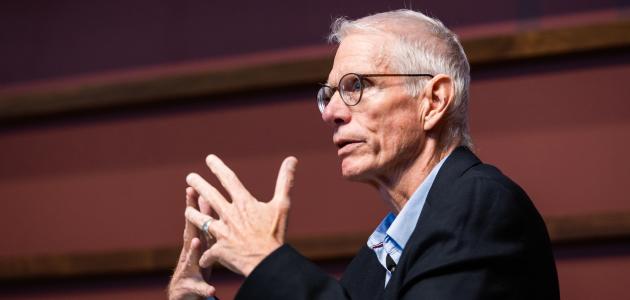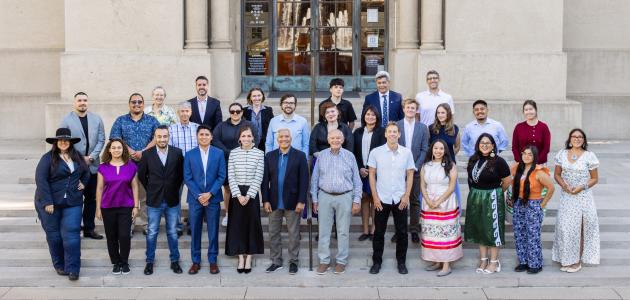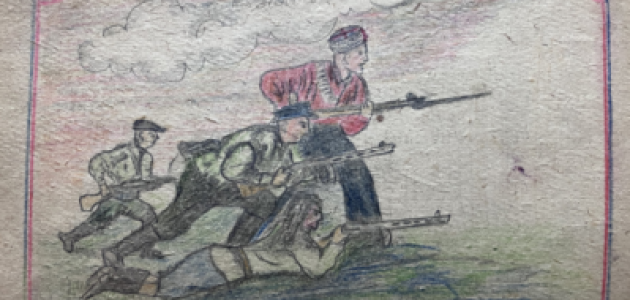"If there is one really serious intellectual and cultural problem with capitalism," writes Hoover fellow Tibor R. Machan in The Right to Private Property (Hoover Institution Press, 2002), "it stems from the lack of a sustained and widely known moral defense of the institution of private property rights."
Few doubt, in today's world, that a society with a legal infrastructure that lacks this institution is in serious economic trouble. The failure to respect and legally protect the institution of private property—and its corollaries, such as freedom of contract and of setting the terms by the parties to the trade—has produced economic weakness across the globe.
However, many also believe that the institution of private property rights is not founded on anything more solid than the arbitrary will of the government to grant privileges of ownership.
In his new Essay in Public Policy, Machan argues that, contrary to widespread academic sentiments and impressions, this institution of private property rights fully accords with a sensible conception of human morality, indeed, rests on a solid moral foundation.
"Private property rights can be shown to have a significant moral value," he writes. "If people are to act morally, everyone needs to know one's scope of personal authority and responsibility. One needs to know that some valued item, skill, or sum of money itself lies within one's jurisdiction to use before one can be charitable or generous to other people.
"In other words, private property rights are the social precondition of the possibility of a personally guided moral life."
Without a moral, prelegal defense, the institution of private property, which is the source of a great many benefits to us all, will remain vulnerable to critics like Karl Marx, who said that "the right of man to property is the right to enjoy his possessions and dispose of the same arbitrarily, without regard for other men, independently from society, the right of selfishness."
About the author: Tibor R. Machan is a research fellow at the Hoover Institution and a professor at the Argyros School of Business and Economics at Chapman University. His writings have appeared in the Humanist, the National Review, Barron's, the American Scholar, and numerous daily newspapers throughout the country.
The Hoover Institution, founded at Stanford University in 1919 by Herbert Hoover, who went on to become the 31st president of the United States, is an interdisciplinary research center for advanced study on domestic public policy and international affairs, with an internationally renowned archive.












